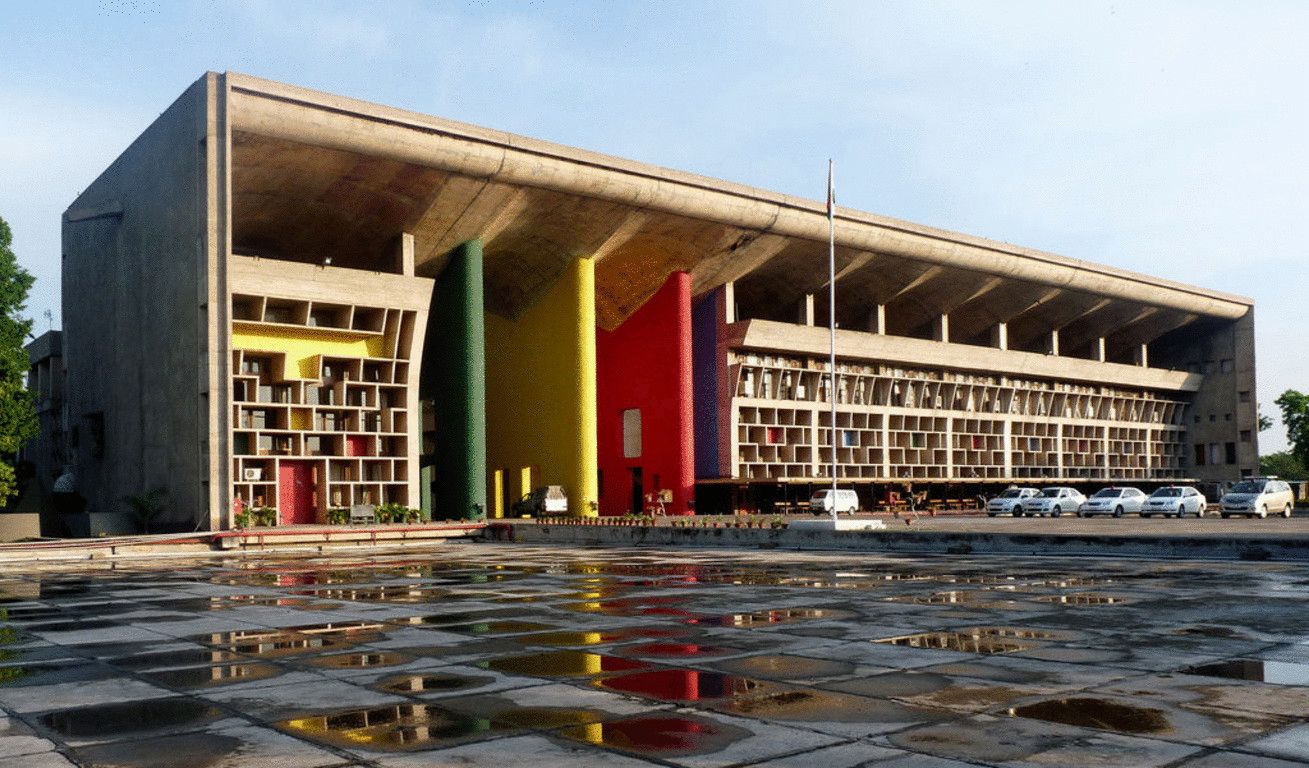Punjab & Haryana High Court Quashes Sealing of Mobile Towers, Rules Municipal Council Lacked Power to Act Without Notice

Case Name: Reliance Communication Limited v. State of Haryana and Others
Date of Judgment: January 6, 2015
Citation: CWP No. 10993 of 2014
Bench: Hon’ble Mr. Justice K. Kannan
Held: The Punjab & Haryana High Court quashed the order of the Municipal Council, Bahadurgarh, refusing to de-seal three mobile towers of Reliance Communication, holding that the action was illegal, arbitrary, and without jurisdiction. Justice K. Kannan ruled that the Municipal Council had no authority to seal or refuse de-sealing of telecom towers without prior notice or sanction from the Department of Telecommunications, particularly when renewal fees had been duly paid. The Court emphasized that telecommunication installations are part of critical public infrastructure and cannot be disrupted without due process or prior show-cause notice.
Summary: The petitioner, Reliance Communication Limited, challenged the Municipal Council’s order dated January 31, 2014, declining to de-seal three of its towers located within the Bahadurgarh municipal limits. The towers were sealed on different dates between May and July 2013 on the ground that they violated the 2013 municipal bye-laws, being located in or near residential areas. The petitioner contended that the towers were installed much earlier with proper permission and that renewal fees for 2011–2012 had been paid and accepted by the Council, as evidenced by receipts annexed to the petition. It argued that the sealing was arbitrary, without show-cause notice, and based on erroneous assumptions of illegality.
The Court found merit in these arguments, holding that the Municipal Council acted beyond its powers. Justice Kannan observed that the Council’s own records reflected acceptance of renewal fees for the years 2011 and 2012, which validated the installations. He further noted that even if any fees for subsequent years were pending, the appropriate course was to issue notice and recover them, not to seal functioning towers. The Court relied on the Department of Telecommunications’ advisory guidelines treating telecom infrastructure as “lifeline installations” and ruled that disconnection or sealing could not be ordered without consultation or consent of the Telecom Enforcement, Resource and Monitoring Cell (TERM Cell).
The Court also held that the 2013 bye-laws, introduced in September 2013, could not be retrospectively applied to installations existing prior to their enforcement. It observed that the principles of natural justice required issuance of a show-cause notice before taking any coercive or civil rights–affecting action, which was absent in this case.
Decision: Allowing the writ petition, the High Court quashed the impugned order dated January 31, 2014, and directed the Municipal Council, Bahadurgarh, to de-seal the three towers of the petitioner company forthwith. The Court also directed the petitioner to pay all renewal fees for 2012–2013 and subsequent years, which the Council was bound to accept. Costs of ₹10,000 were imposed on the Municipal Council. However, the Court clarified that this judgment would not preclude the Council from initiating future action for any proven violation of bye-laws after due notice and compliance with law.